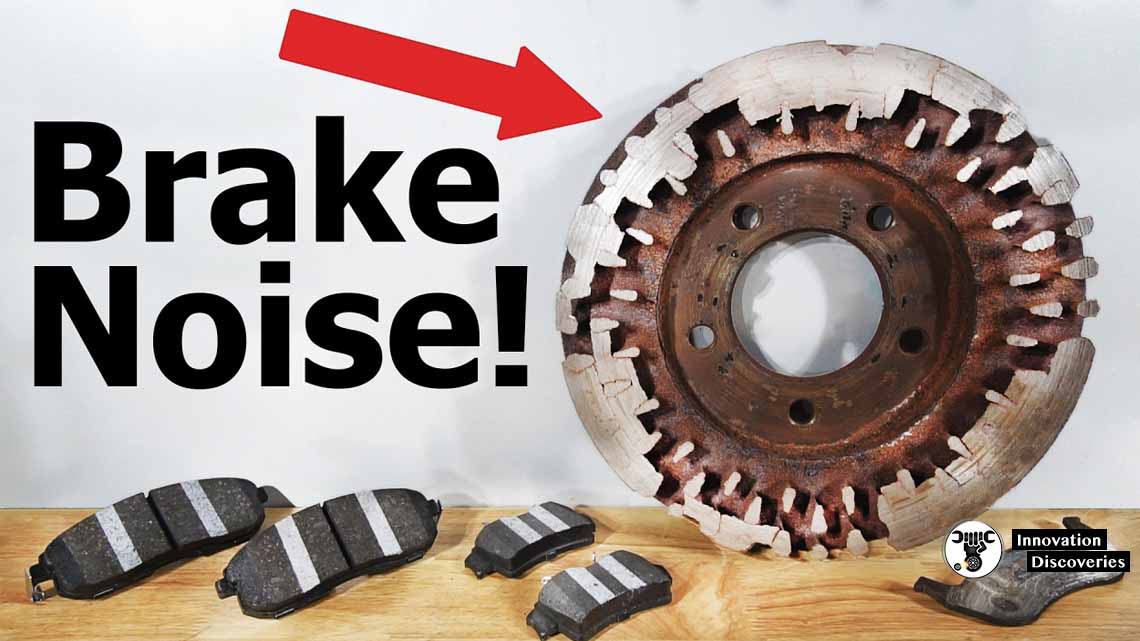
Introduction:
Experiencing a grinding noise when you apply the brakes can be concerning and indicate potential issues with your car’s braking system. Ignoring this noise can lead to more serious problems and compromise your vehicle’s safety.
In this article, we’ll explore the causes behind a grinding noise when braking and discuss why addressing this issue promptly is crucial.
What Happens When You Ignore Brakes Making Grinding Noise?
If you disregard the grinding noise when braking, it can lead to more significant problems in your car’s braking system. Ignoring this issue might result in increased damage to brake components, reduced braking efficiency, longer stopping distances, and even the risk of complete brake failure.
Regular maintenance and prompt attention to unusual noises are essential for keeping your vehicle safe and reliable.
The Causes Of Grinding Noise When Braking
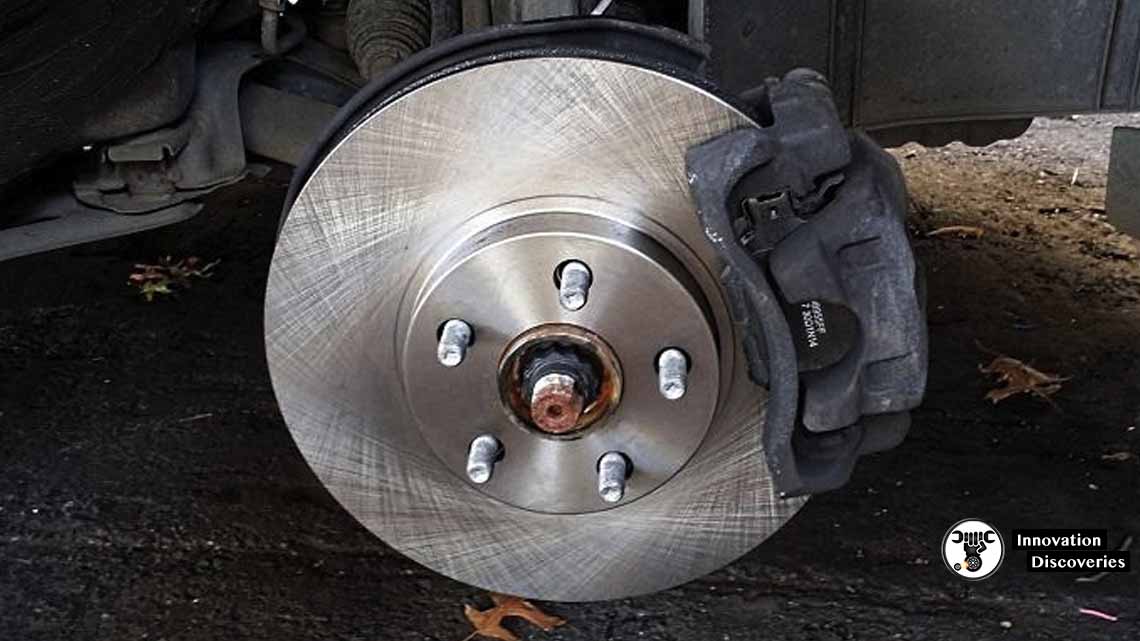
1. Worn-out Brake Pads
One of the most common causes of a grinding noise when braking is worn-out brake pads. Brake pads have a friction material that wears down over time due to normal use.
When the pad material becomes too thin, the metal backing of the pad can come into direct contact with the brake rotor, resulting in a grinding noise. This issue needs immediate attention, as driving with worn-out brake pads can damage the rotors.
2. Low-Quality Brake Pads
Using low-quality or aftermarket brake pads can lead to premature wear and grinding noises.
These pads might not have the same friction characteristics as OEM (original equipment manufacturer) pads, causing them to wear unevenly or generate noise during braking.
3. Solid Objects Between Rotor And Caliper
Sometimes, debris or solid objects can get lodged between the brake rotor and caliper, causing interference during braking. This interference can lead to a grinding noise and should be addressed by removing the foreign object and inspecting for any damage.
SEE MORE:
4. Broken Shims
Brake shims are thin metal or rubber layers between the brake pad and caliper that help dampen vibrations and reduce noise. If these shims break or become dislodged, it can result in a grinding noise when braking.
5. Not Driving The Car Often
Leaving your car parked for extended periods can lead to rust buildup on the brake rotors. When you start driving again, this rust can cause a temporary grinding noise as it wears off.
However, if the noise persists, it might indicate a more serious issue.
6. Worn-out Rotor Discs
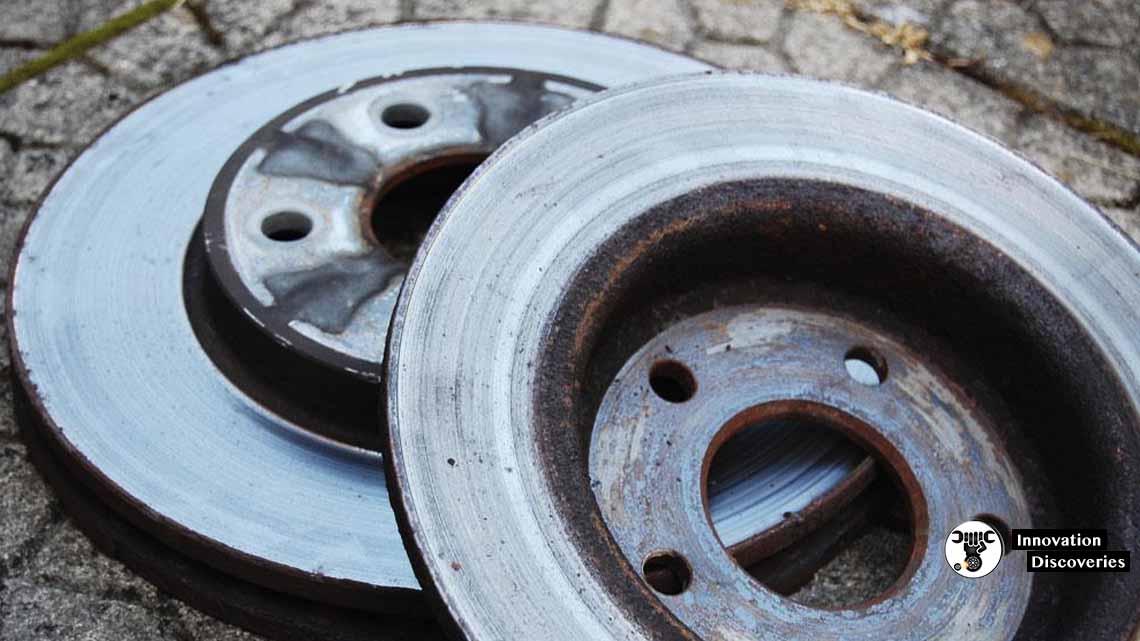
Just like brake pads, brake rotors can also wear out over time. If the rotor surfaces become uneven or develop deep grooves, the brake pads may not make proper contact, leading to a grinding noise.
7. Faulty Wheel Bearing
A worn-out or damaged wheel bearing can produce a grinding noise, often accompanied by vibrations, while driving or braking. A faulty wheel bearing requires immediate attention, as it can lead to unsafe driving conditions.
8. Unlubricated Caliper Bolts
The caliper bolts that hold the brake components in place need proper lubrication. If they dry out or become corroded, they can cause the caliper to stick and generate a grinding noise.
Frequent Asked Questions About Grinding Noise When Braking Issue
Q: Can I continue driving if my car is making a grinding noise when braking?
A: It’s not advisable. Driving with a grinding noise when braking can worsen the issue and compromise your safety. Have your brakes inspected and repaired as soon as possible.
Q: Are grinding brakes an emergency?
A: While it might not be an immediate emergency, it’s essential to address the issue promptly. Grinding brakes can lead to decreased braking performance and safety risks.
Q: How much does it cost to fix grinding brakes?
A: The cost can vary depending on the extent of the damage and the specific components that need replacement. It’s best to get a professional inspection to determine the exact cost.
Q: Can I replace brake pads myself to fix the grinding noise?
A: If you have experience and the necessary tools, you might be able to replace brake pads yourself. However, if you’re not confident in your skills, it’s recommended to seek professional help to ensure the job is done correctly.
In conclusion, a grinding noise when braking should never be ignored. Promptly addressing the underlying causes and maintaining your car’s braking system is crucial for your safety and the longevity of your vehicle. If you’re uncertain about the issue, it’s always a good idea to consult a professional mechanic for a proper diagnosis and repair.
How to stop your brakes from Squeaking? Check out the video below:
Also, read:
- ELECTRIC PARKING BRAKE (EPB): COMPONENTS, WORKING PRINCIPLE, AND TYPES
- Electronic Brakeforce Distribution (EBD)
Discover More:
More About Braking Systems
- Top 5 Causes of Steering Wheel Shakes at Low and High Speeds
- HOW HYDRAULIC BRAKE WORKS?
- AIR BRAKE SYSTEM: COMPONENTS, WORKING PRINCIPLE, AND APPLICATIONS
- HOW DOES REGENERATIVE BRAKING WORK?
- 8 REASONS YOUR CAR IS MAKING GRINDING NOISE WHEN BRAKING
- Regenerative Braking System
- JAKE BRAKE VS. EXHAUST BRAKE: WHICH IS BETTER?
- SQUEALING BRAKES AT LOW SPEED: CAUSES AND SOLUTIONS
- TROUBLESHOOTING A HARD BRAKE PEDAL
- CONVERT DRUM BRAKES TO DISC BRAKES IN 3 STEPS!
- CAUSES OF THE BRAKE WARNING LIGHT COMING ON
Download: BRAKES, BRAKE CONTROL AND DRIVER ASSISTANCE SYSTEMS: FUNCTION, REGULATION AND COMPONENTS
READ: HOW HYDRAULIC BRAKE WORKS?
Also, read: The Importance of Measuring Brake Pad Thickness
Visit Forum
Visit Our Friendly Website


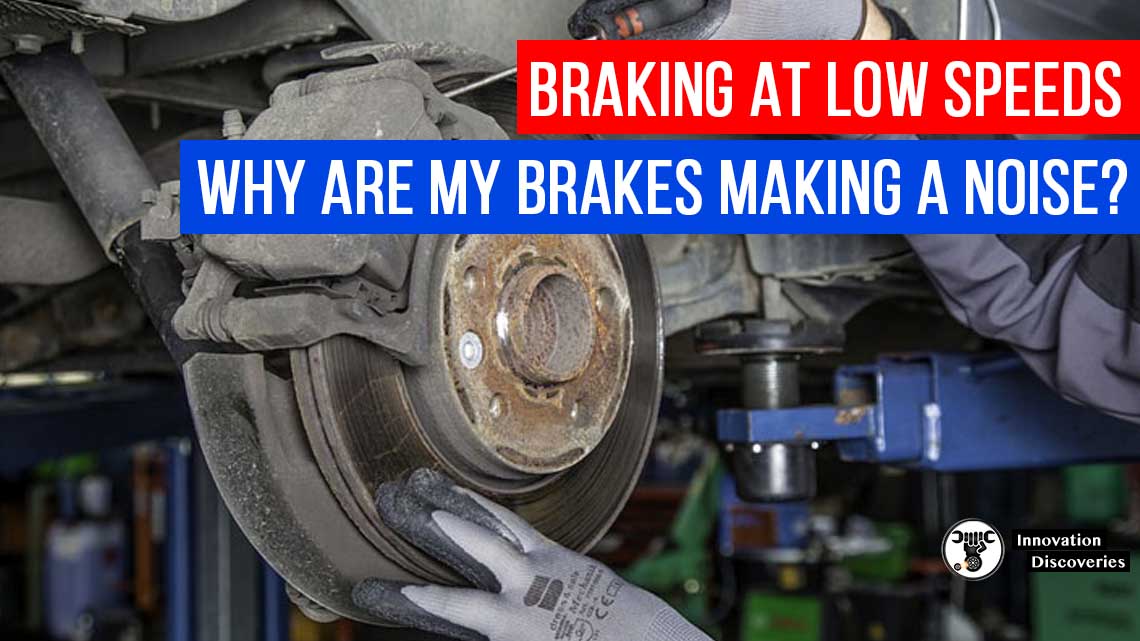
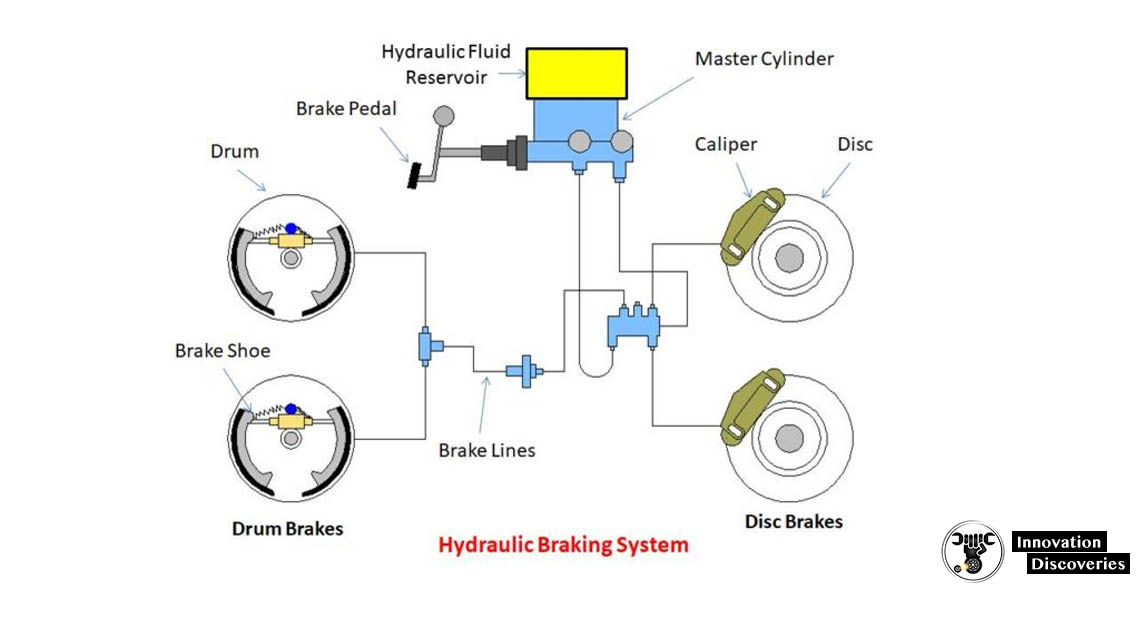
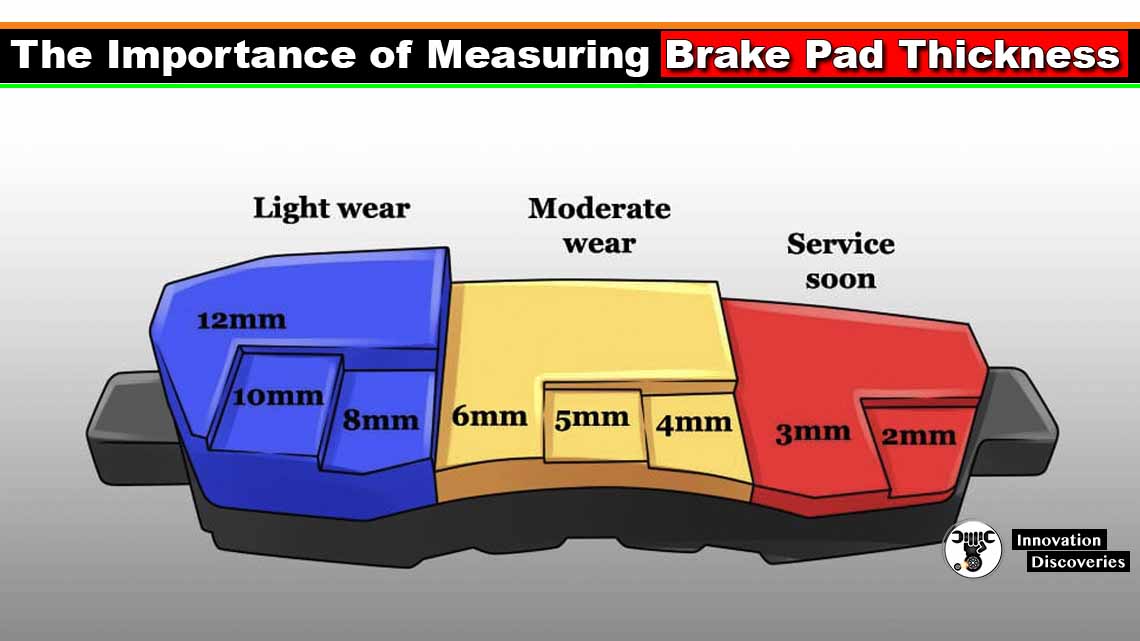
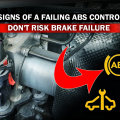
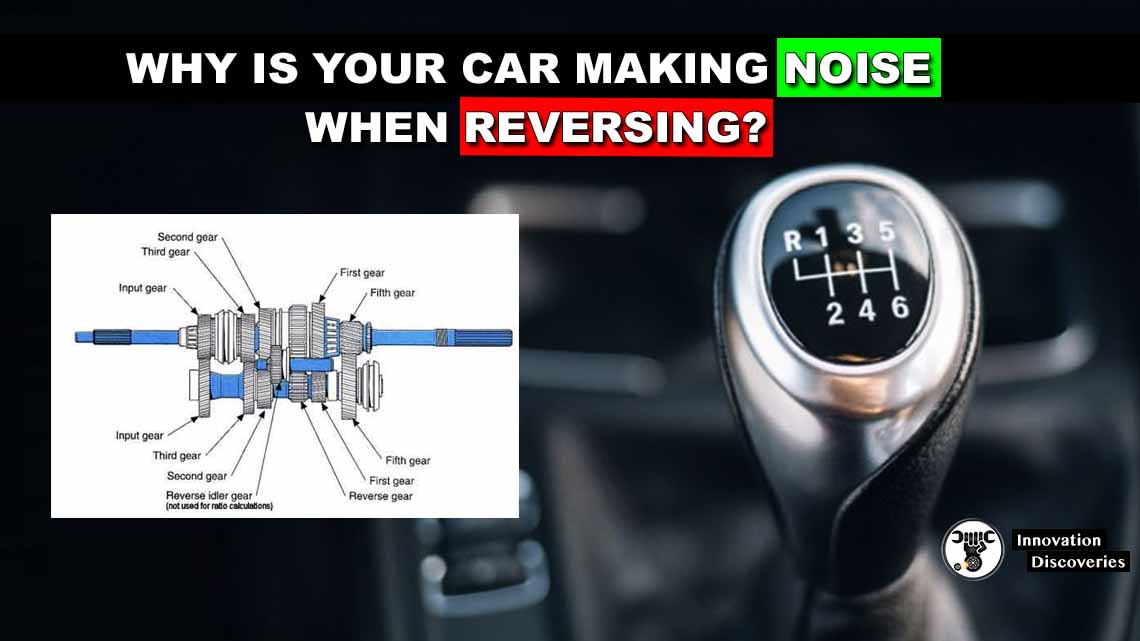
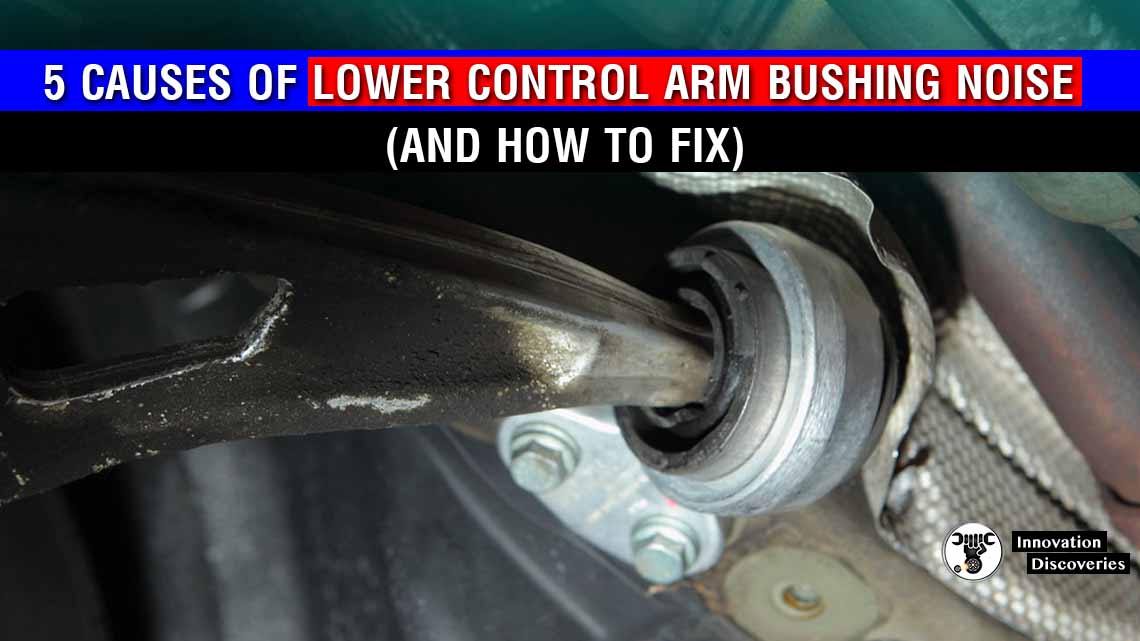
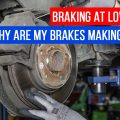
4 Comments